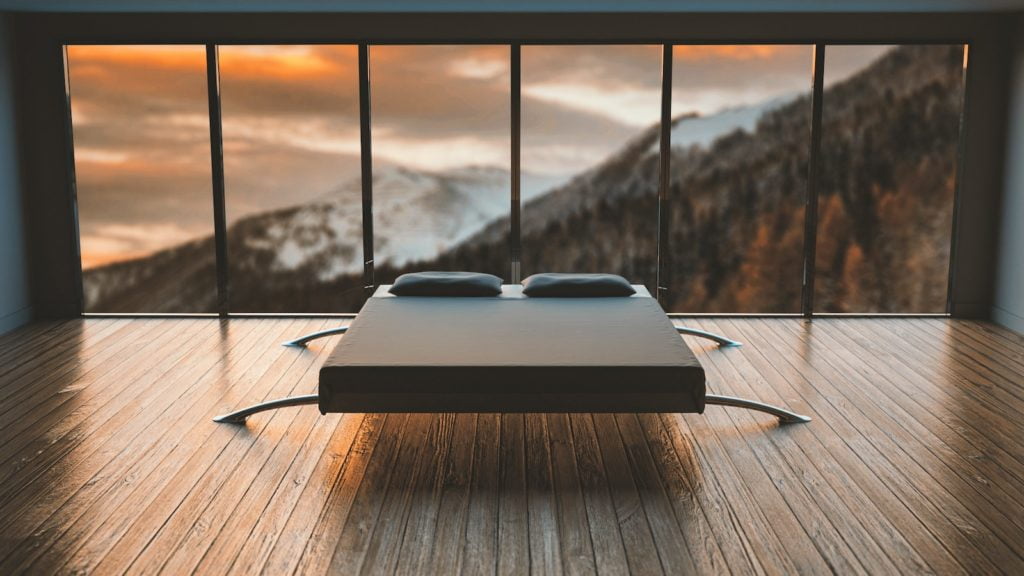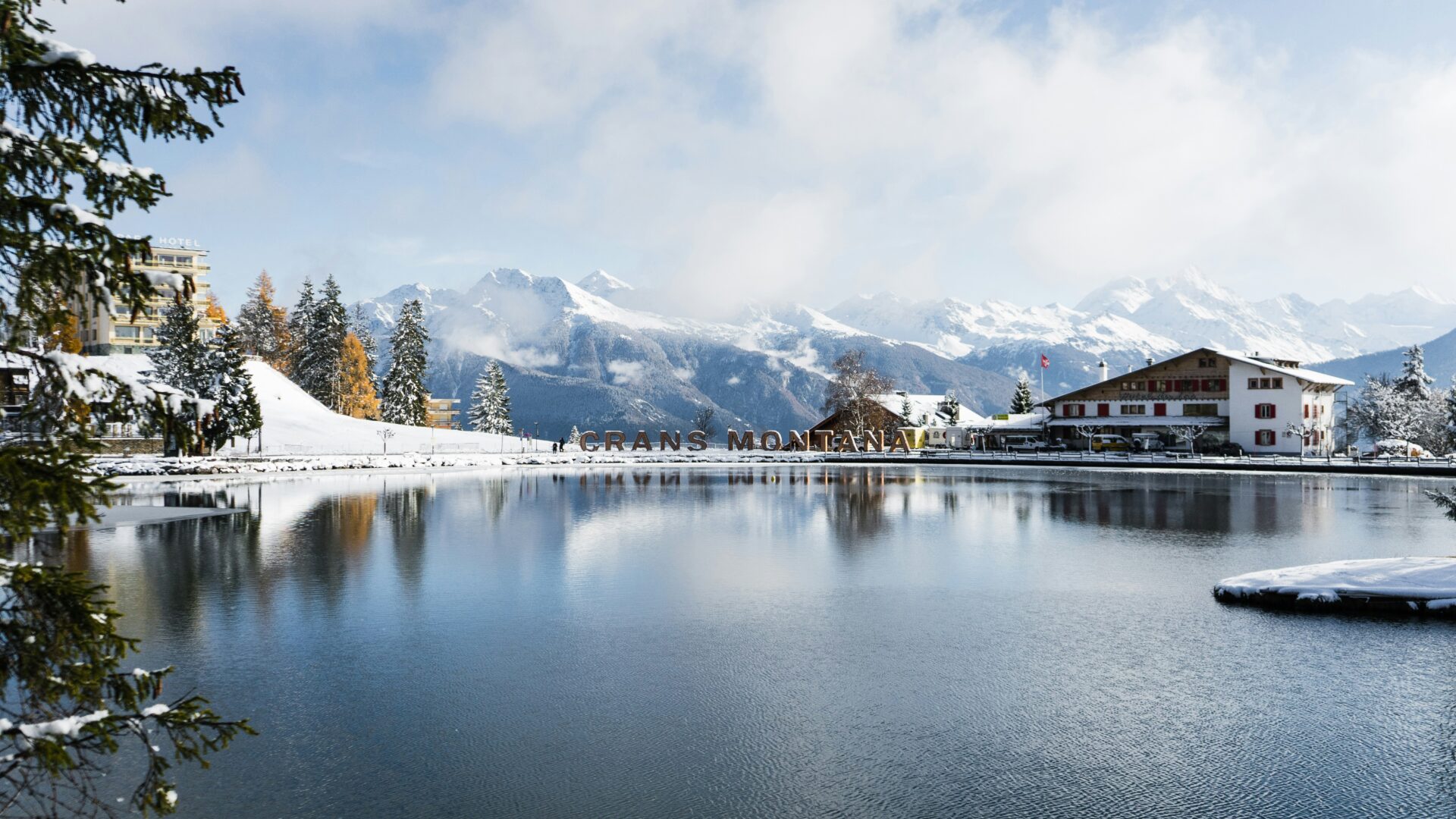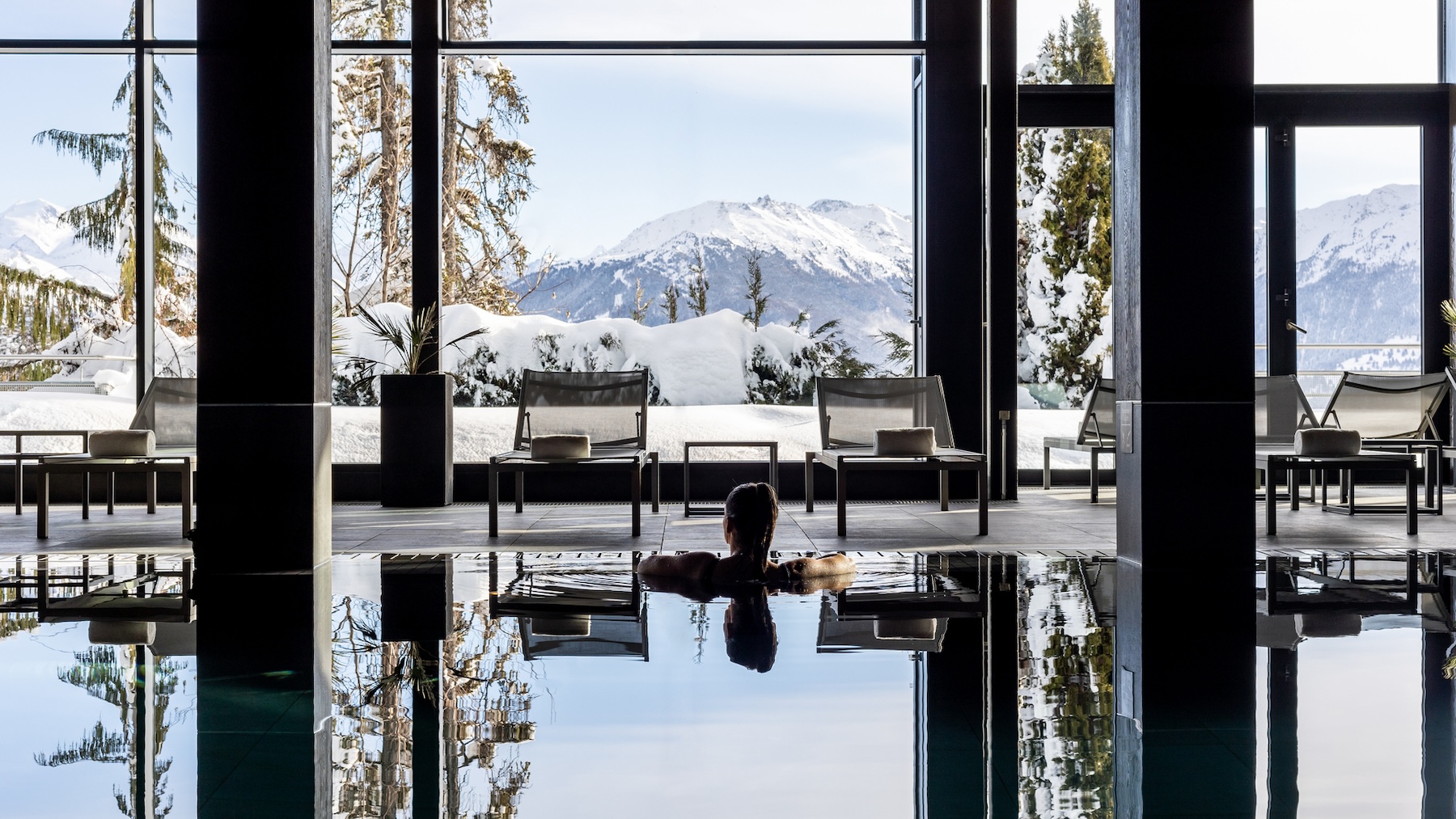Having a second home is a dream for many people. Once this dream has been achieved, there comes a time when you wonder whether you can make the most of it by renting it out. While renting out your second home is an interesting way of making ends meet, it's also a way of making a living. This is not a decision to be taken lightly, as it also has its drawbacks.
Whether for for financial, flexibility or simply practical reasonsMore and more second-home owners are opting to rent out their property rather than sell it. However, as with any important decision, it's important to weigh up the advantages and disadvantages of renting out your second home.
In this article, we'll help you make the choice that best suits your needs.
The advantages of renting out your second home
The main reason why owners of second homes decide to rent them out is to maximise their profitability. In fact, seasonal rental can be very lucrative, with rents of up to several thousand francs a week for a holiday home. What's more, renting can help pay the costs associated with maintaining and insuring your second home.
Renting out your second home also helps to keep it in good condition. If the house is occupied regularly, it is less likely to deteriorate. Tenants will take good care of the house and quickly report any problems.
What's more, renting out your second home can offer extra security. If you don't spend much time in your holiday home, it can be reassuring to know that it is inhabited by tenants, rather than leaving it empty all year round.
Renting out your second home can also offer attractive tax benefits. The costs required to maintain the building, insurance premiums relating to
the building and third-party administration costs are tax deductible.
In addition, if the property is let with furniture (furnished property), the excess maintenance costs (wear and tear on the furniture) are taken into account with an additional flat-rate deduction of 20 % from the rent received.
-
Earning money Renting out your second home can generate additional income for the owner. Even if renting does not cover all the costs associated with ownership, it can considerably reduce the cost of ownership.
-
Making the most of your investment If you have bought a property for occasional use or as an investment, renting can be the most effective way of getting a return on your purchase.
-
Flexibility : By opting for this option, you have a great deal of flexibility when it comes to choosing your holiday dates and accommodation. You can easily return to your second home if you need to.
-
Regular maintenance By renting out your second home, you can ensure that your property is regularly maintained and in good condition. The tenant living there will be responsible for maintaining the property, which can be a huge advantage for older properties. Find out more about our private concierge services.

The disadvantages of renting out your second home
Renting out your second home can also pose certain problems. First of all, renting can lead to a loss of privacy and control. It's important to find tenants you can trust, who take care of the property and respect the house rules.
In addition, renting can involve extra costs. Installation, cleaning and maintenance costs can be expensive, especially if the property is far from your usual place of residence.
It is therefore important to take these costs into account when setting the rental price.
La Rental management can also be time-consuming. Finding tenants, managing bookings, responding to travellers, cleaning and maintenance can all be tedious tasks. If you're not prepared to invest a certain amount of time and money in rental management, it may be best to find a rental manager to help you.
Finally, there are risks associated with renting. Damage to the property caused by tenants can be costly, as can potential disputes. It is important to ensure that the property is properly insured and that tenants have third-party liability insurance.
- High risks: Renting out your second home involves financial, legal and liability risks. You should therefore understand local rental laws and regulations before renting out your property.
- Uncertainty about tenants: Renting out your property can be difficult if you're not sure about the quality of the tenant. You don't know how they will treat your property and the risk of damage is always there.
Additional costs: Renting your property is not free. You will have to pay the costs associated with managing your rental, security and cleaning. These costs can add up quickly.
Unforeseen: Things can't always go according to plan, even if you've signed a tenancy agreement. For example, your tenant may leave without paying the rent or cause damage to your property.
Conclusion
Renting out your second home can be an excellent source of income and a practical solution for the owner, but it also involves risks. So it's important to weigh up the pros and cons of this decision before taking action. If you decide to rent out your property, make sure you understand all the local laws and regulations and work with qualified professionals to help you manage your tenant and your property.
Hire a professional to rent out your second home
For optimum rental management, we recommend that you call in a professional. Professionals have in-depth knowledge of the property market and are capable of managing every stage of rental management. They can also help optimise profitability to maximise return on investment.
CosyHome Conciergerie is an expert in the rental of second homes and holiday rentals. As a rental property administrator, CosyHome can help you manage your assets successfully!







